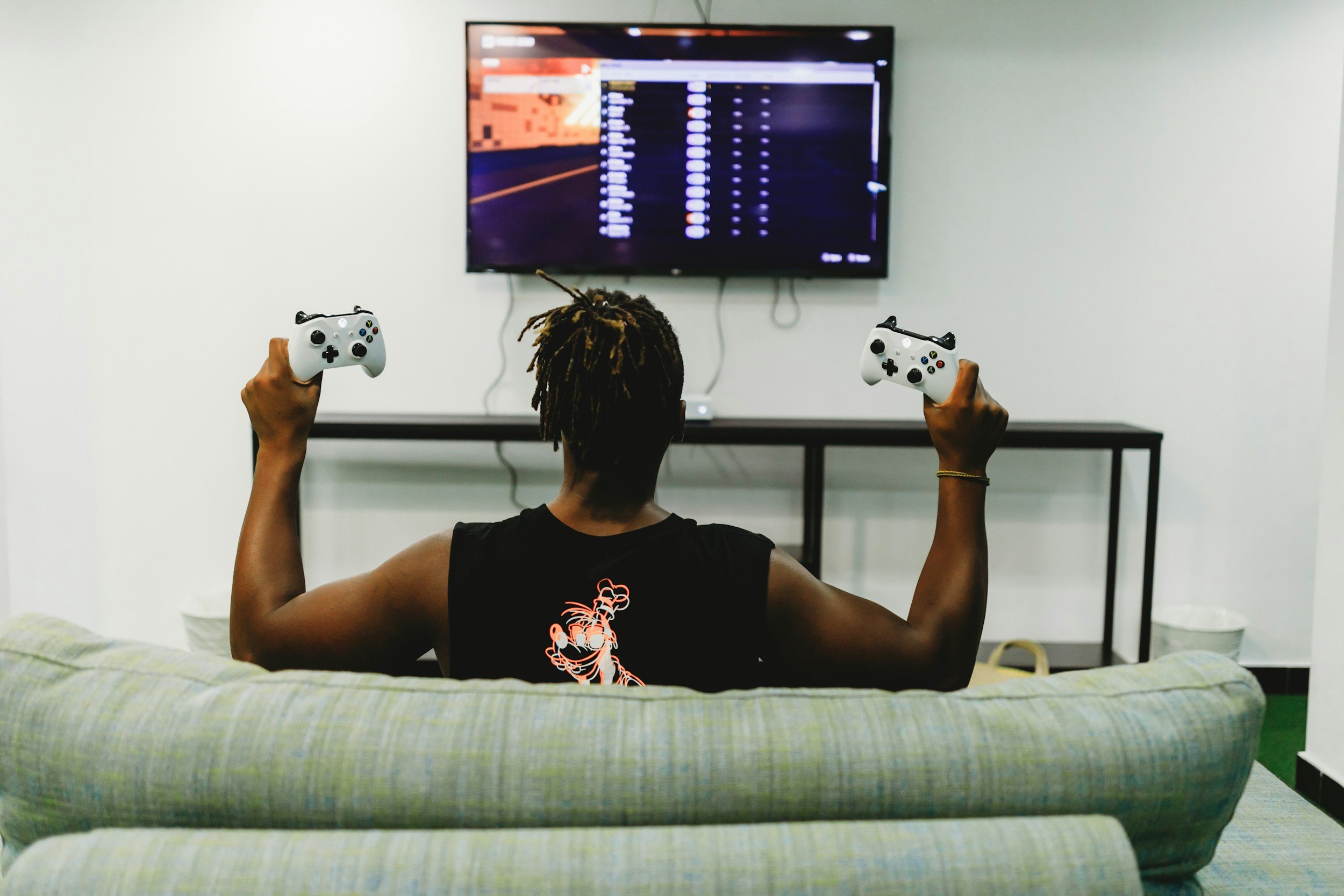Playing for Fun Again: Escaping Gaming Burnout and Backlog Guilt
Video games are meant to be fun. They're escapes, challenges, stories, and sometimes even comfort. But in a world where there's a constant stream of new releases, endless must-play lists, and a backlog that grows faster than it shrinks, many gamers find themselves burning out. Strangely, a hobby built on play can begin to feel like work.
This article explores why this happens, how professional reviewers manage the volume without (usually) losing their minds, and—most importantly—how everyday players can reconnect with the joy of gaming.
Why Game Reviewers Don't Burn Out (As Easily)
It might seem like game reviewers have a dream job—and in many ways, they do. But the way they engage with games is fundamentally different from how casual or passionate non-reviewers do:
It's Their Job: Reviewers play under deadline. They don’t always have the luxury of savoring every quest or side mission. That time pressure means they often prioritize progress over perfection.
They Don’t Always Finish: Not every game gets played to completion. Often, reviewers play enough to form a professional opinion. Sometimes that's a few hours; sometimes it's more. But the key is: they're not trying to 100% every title.
They've Built Systems: Reviewers get good at bouncing between genres, recognizing patterns, and managing their energy. It's a skillset, developed over time.
That said, many reviewers do burn out eventually. Playing games with a critical lens 24/7 can dull even the most exciting experiences.
How Casual Gamers Get Trapped
If you're not reviewing games, why does it still feel like you're on a schedule? Why does your backlog feel like a burden?
Backlog Guilt: That growing list of unplayed games can start to feel like a list of chores. You see it every time you open Steam, your console library, or your wishlist. Each unfinished title becomes a silent "you should."
Completionist Pressure: Whether from in-game achievement systems or internal expectations, many gamers feel compelled to finish every side quest, unlock every costume, and max every stat. That can turn 20-hour games into 100-hour slogs.
FOMO and Hype Cycles: With new releases constantly dropping, it can feel like you’re missing out if you’re not playing the latest big thing. Social media, YouTube, Twitch, and gaming forums all amplify this pressure.
Perfectionism: Some players have a hard time starting a new game until they’ve "earned it" by finishing the last one. That creates a bottleneck effect, where even a mildly boring game can clog your entire hobby pipeline.
Escaping the Burnout Loop: Practical Tips for Enjoying Games Again
If you've found yourself staring at your library more than actually playing, or feeling more obligation than excitement, it's time to hit reset. Here’s how:
Reframe the Backlog
Think of your backlog as a menu, not a to-do list. You're not required to consume everything. It's just a list of options. Let go of the guilt.Follow Your Mood
Play what you feel like playing, not what you "should" play. It's okay to bounce between games or pause one indefinitely. Gaming time should match your energy, not drain it.Ignore the Hype (Sometimes)
You don't need to be part of every launch wave. Many games are better a few months after release, once they've been patched and updated.Mix Up Game Lengths
Balance long open-world adventures with short, satisfying indie games or roguelikes. Smaller experiences often deliver big emotional or mechanical payoffs.Curate Your Library
Think of your games like a playlist: a cozy game for chill nights, an intense one for when you're alert, a narrative one for rainy days. Having variety reduces fatigue.Drop the Completionist Mindset
You don’t need to do everything. Games are designed to keep you engaged, sometimes too well. Do what brings joy, then move on.
Simply Put: Redefining What It Means to "Game Right"
Gaming isn't about keeping up or finishing everything. It's about engagement, excitement, emotion, and expression. Whether you're playing a 5-hour story-driven indie or diving into a sprawling RPG, the only metric that matters is: Are you having fun?
Reconnecting with that core question might be all you need to turn a burnout spiral back into something playful again.
Let go of the guilt. Press start when you're ready. And remember: it's supposed to be fun.





